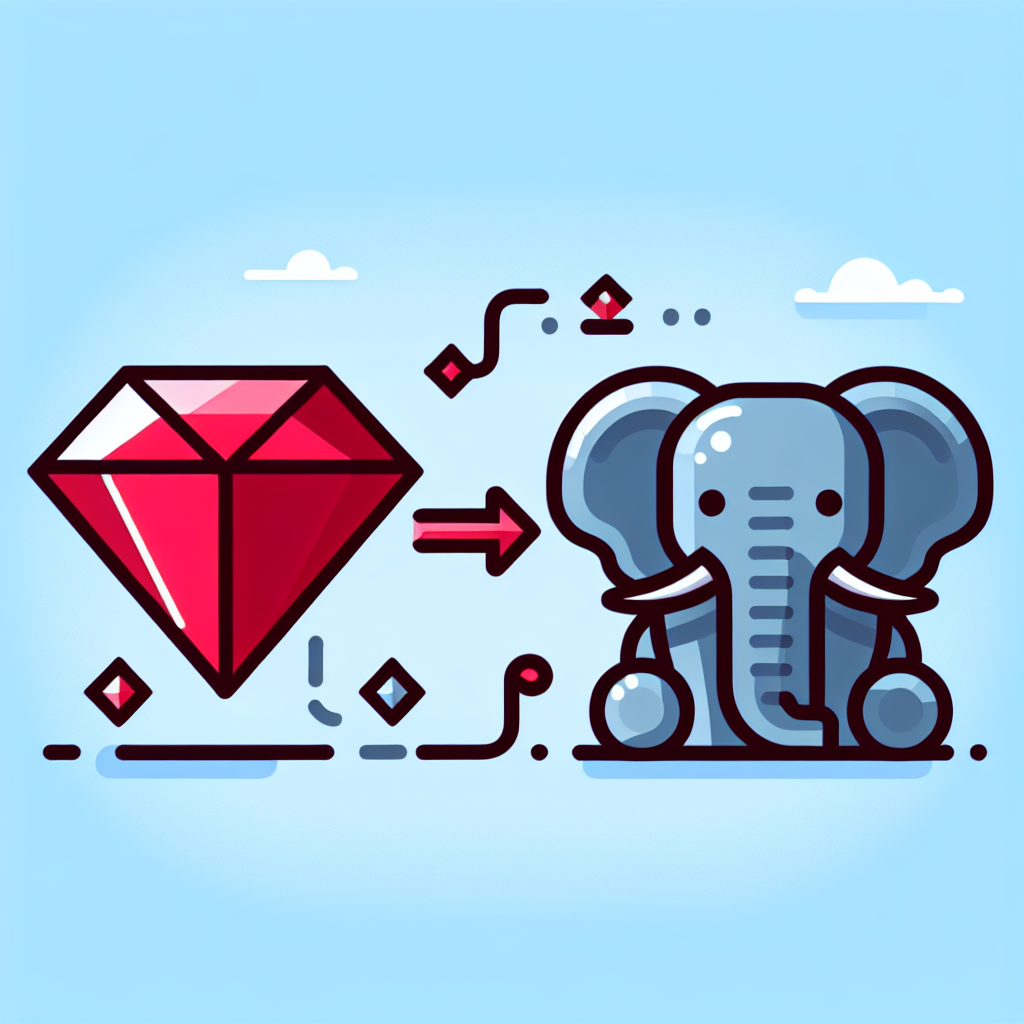Convert Ruby to PHP Online: Easy & Fast Code Translator
Easily convert Ruby code to PHP with our intuitive tool. Streamline your development process and enhance efficiency. Perfect for developers and coders!
Source Code
Converted Code
Output will appear here...
The Ruby to PHP converter seamlessly transforms Ruby code into PHP, enhancing compatibility and expanding web development possibilities. Ideal for developers transitioning projects or integrating Ruby applications with PHP frameworks, this tool ensures efficient code conversion while preserving functionality. Key benefits include improved workflow efficiency and broader platform adaptability, making it an essential resource for modern web developers.

Ruby to PHP Conversion Tool Link to this section #
The Ruby to PHP conversion tool is designed to streamline the process of translating Ruby code into PHP, enhancing efficiency and accuracy for developers transitioning between these popular programming languages. Whether you're integrating Ruby applications into a PHP-based environment or adapting existing Ruby code, this tool can significantly reduce manual translation effort.
Key Features: Link to this section #
- Automated Conversion: Quickly converts Ruby syntax to PHP, with support for basic constructs and common libraries.
- Code Optimization: Ensures that translated PHP code maintains performance efficiency and readability.
- Error Handling: Identifies and alerts potential issues during the conversion process, allowing for smoother debugging.
Why Use the Ruby to PHP Tool? Link to this section #
- Cross-Platform Development: Facilitates the integration of Ruby applications into PHP environments, ensuring seamless functionality.
- Time Efficiency: Minimizes the time spent on manual code rewriting, allowing developers to focus on more critical tasks.
- Consistency: Maintains consistent coding standards across different programming languages, reducing the risk of introducing errors.
Sample Code Conversion Link to this section #
Ruby Code:
def greet(name)
"Hello, #{name}!"
end
puts greet("World")
Converted PHP Code:
function greet($name) {
return "Hello, " . $name . "!";
}
echo greet("World");
Best Practices Link to this section #
- Review and Test: Always review the converted code and conduct thorough testing to ensure functionality aligns with the original Ruby code.
- Adjust for Differences: Be mindful of differences in language-specific features, such as variable scope and error handling mechanisms.
For further reading on programming language conversion, consider exploring MDN Web Docs and Stack Overflow.
This Ruby to PHP conversion tool is an invaluable resource for developers looking to bridge the gap between these dynamic languages, enhancing productivity and code reliability.
Frequently Asked Questions
What are the main differences between Ruby and PHP?
Ruby is a dynamic, object-oriented programming language known for its simplicity and productivity, often used with the Rails framework for web development. PHP is a server-side scripting language primarily used for web development, known for its wide adoption and compatibility with various databases. Ruby emphasizes convention over configuration and elegant syntax, while PHP is praised for its ease of deployment and large community support.
How do I convert a Ruby application to PHP?
Converting a Ruby application to PHP requires rewriting the application's codebase in PHP syntax. Start by understanding the architecture and logic of the Ruby application, then map Ruby classes and methods to PHP equivalents. Pay attention to differences in language constructs, libraries, and frameworks. Testing the new PHP application thoroughly is crucial to ensure functionality matches the original Ruby version.
Is it worth migrating from Ruby to PHP?
Deciding to migrate from Ruby to PHP depends on several factors such as team expertise, project requirements, and hosting environment. PHP might be preferred for projects needing extensive CMS support like WordPress or for environments where PHP hosting is more cost-effective. Conversely, Ruby may be better if the project benefits from Rails-specific features. Evaluate the long-term maintenance, scalability, and performance implications before making a decision.